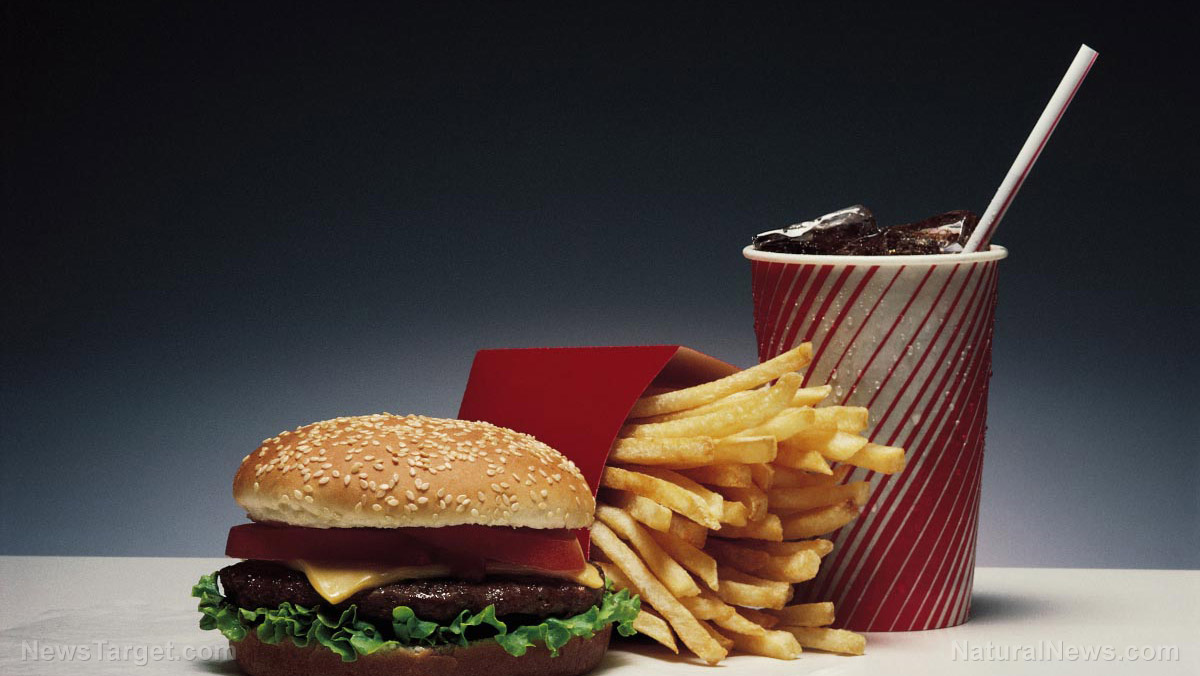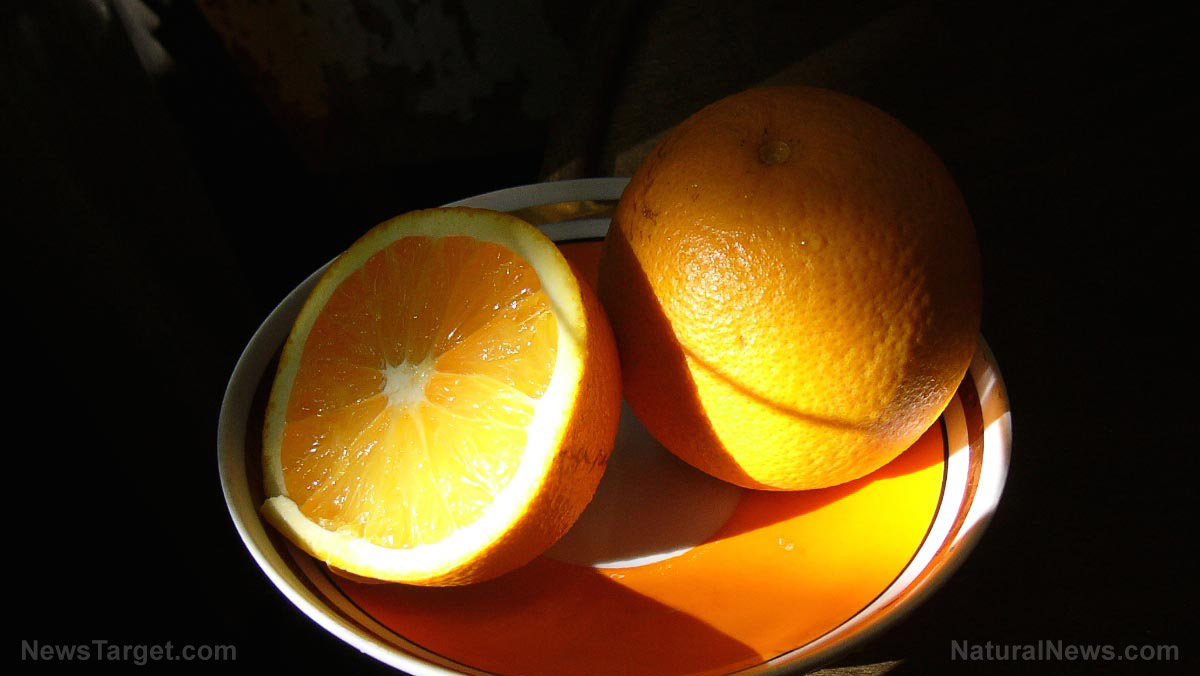Obesity can make breast cancer cells more aggressive
12/21/2018 / By Zoey Sky

Unlike women who maintain a healthy weight, women who are obese or overweight have a greater risk of being diagnosed with breast cancer. According to a study, which was published in the journal Cell Metabolism, obesity can also make cancer cells more aggressive.
The study involved a collaboration between researchers from Heidelberg University Hospital, Helmholtz Zentrum München, and Technische Universität München (TUM).
Obesity and cytokines
Health experts are worried because the number of people with obesity around the globe is increasing rapidly. The World Health Organization (WHO) reports that the number of obese children and adolescents have increased tenfold from 1975 to 2016.
Extreme obesity is linked to different health problems. The condition can cause cardiovascular diseases and it can also promote the development of cancer and metastases.
The researchers explained that when a person is obese, cytokines are released in their bloodstream and this can affect the metabolism of breast cancer cells. Once cytokines reach the bloodstream, they can make cancer cells more aggressive. (Related: Tips for reducing your risk of breast cancer at any age.)
Data from the study showed that a currently unknown mechanism makes breast cancer cells more aggressive. Dr. Mauricio Berriel Diaz, M.D., deputy director of the Institute for Diabetes and Cancer (IDC) at Helmholtz Zentrum München, said that the enzyme acetyl-CoA-carboxylase 1 (ACC1) is crucial for this process.
ACC1, a central component of fatty acid synthesis, promotes the chemical addition of carbon dioxide to acetyl-CoA. This produces malonyl-CoA, and this reaction is “the first determining step in the fatty acid synthesis of all living organisms.”
Dr. Diaz, who led the study together with Stephan Herzig, director of the IDC and professor for Molecular Metabolic Control at TUM and Heidelberg University Hospital, added that while ACC1 is essential for fatty acid synthesis, the cytokines leptin and TGF-beta impair its function.
The researchers noted that the levels of these cytokines are significantly higher in the blood of severely overweight subjects. The team of scientists demonstrated that the described inhibition of ACC1 results in the accumulation of the fatty acid precursor acetyl-CoA. This precursor is then transferred to specific gene “switches” that can increase the metastatic capacity of cancer cells once they activate a specific gene program.
Marcos Rios Garcia, the first author of the study, said that the researchers used human tissue from breast cancer metastases, to show “that ACC1 was significantly less active there.”
The research team commented that when they blocked the as yet unknown signaling pathway with an antibody, it directed against the leptin receptor, which considerably reduced the metastatic spread of breast cancer tumors in an experimental mode. The scientists hope to substantiate the data on the recently discovered mechanism through continued research. They are also looking into related intervention points that can be used therapeutically.
Herzig shared that blocking the signaling pathways and switching off the metastasis-related genes is a potential therapeutic target. He concluded that when introduced to a neoadjuvant therapy, the risk of metastases or the recurrence of tumors could be reduced before the tumor is surgically removed.
Diet guidelines for effective weight loss
Exercise regularly to lose weight and lower your breast cancer risk. You can also lose weight safely by following these diet guidelines, which suggest the consumption of nutrient-dense foods such as:
- Dairy such as cheese, milk, soy beverages, and yogurt.
- Different vegetables from all of the subgroups: beans and peas, dark green, red and orange, starchy, and others.
- Grains, but make sure at least 50 percent of the grains you consume are whole grains.
- Healthy oils such as coconut or extra virgin oil.
- Whole fruits.
- Various protein-rich foods like beans and peas, eggs, lean meats and poultry, nuts, seafood, seeds, and soy products.
Browse more articles about research findings on cancer prevention at Cancer.news.
Sources include:
Tagged Under: ACC1, acetyl-CoA-carboxylase 1, aggressive cancer cells, breast cancer, breast cancer cells, cancer risk, cancer risk factors, cancer risk reduction, cytokines, Enzymes, exercise, natural cures, obesity, overweight, physical activity, proper diet, proper nutrition, slender, weight loss, wellness, women's health




















